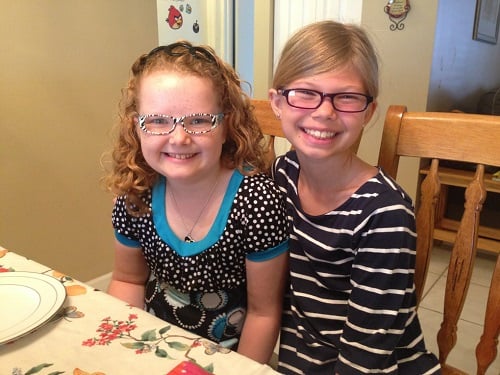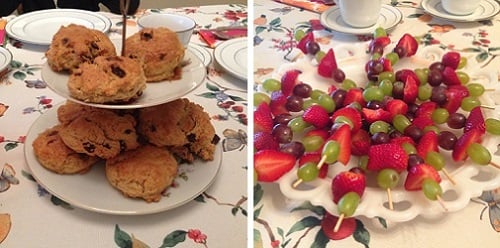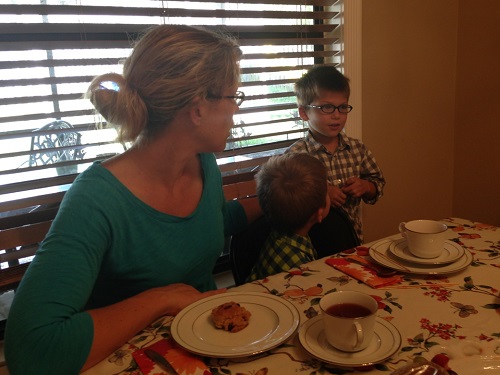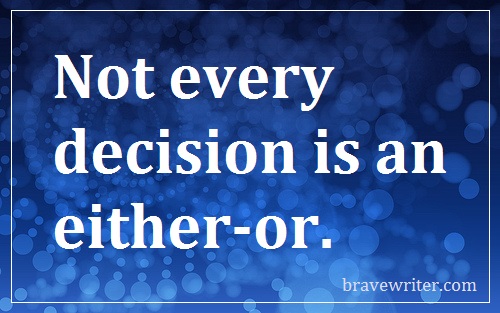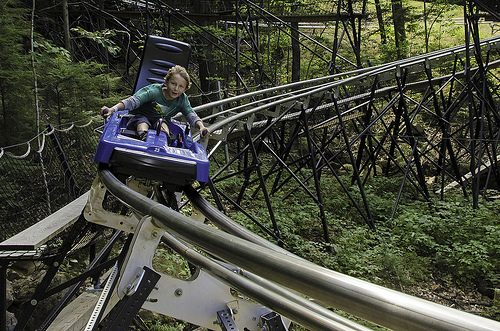 The theme for our spring Movie Discussion Club is Miyazaki! The films:
The theme for our spring Movie Discussion Club is Miyazaki! The films:
1. MY NEIGHBOR TOTORO (1988, G) Two girls move to the country to be near their ailing mother and are introduced to whimsical forest spirits who dwell nearby.
2. SPIRITED AWAY (2001, PG) In the midst of a move to a new house, a ten-year-old girl and her parents become lost and happen on an amusement park that turns out to be a inhabited by spirits.
3. HOWL’S MOVING CASTLE (2004, PG) An 18-year-old hatter transformed into a 90-year-old woman encounters a wizard who lives in a walking castle with a fire demon. Based on the novel by Diana Wynne Jones.
4. PONYO (2008, G) A five-year-old boy and his adventures with a goldfish princess who longs to become a human.
We have an expert teaching our film discussion class. Nancy Graham has her MA in Cinema Studies and is a homeschooling veteran.
Join us in celebrating a filmmaker whose career has spanned more than five decades and witnessed the evolution of animation from hand-drawn to computer-generated techniques.
Class starts June 2nd
Sign up today!
Also, the Summer Class Schedule is now posted (registration opens Monday, June 2, 2014, noon EDT).
Image © Sonulkaster | Dreamstime.com

